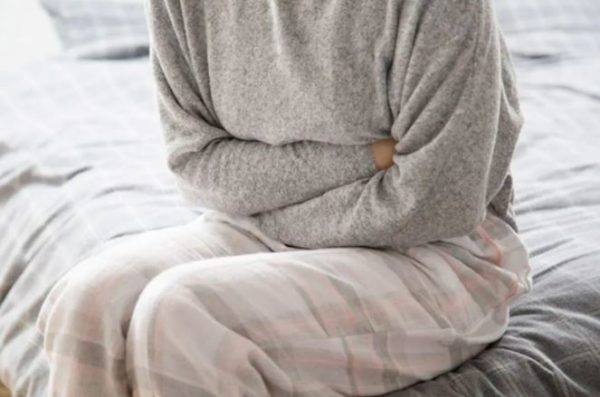Lifestyle
Here’s how your period changes during your 30s and 40s

It’s safe to say that for women generally, your period is not a favorite monthly event, especially when it gets all weird on you.
One month it’s late, the next it’s early, you are used to a flow lasting four days, then all of a sudden it sticks around for a full week.
Cramps keep you on the sideline when you are caught without pain medication, but once you are stocked up on ibuprofen, you don’t feel a twinge of discomfort.
Changes to your menstrual cycle like these are hard to predict and are a major pain to deal with.
As you get older, your period will keep adjusting and evolving thanks to normal age-related hormonal changes as well as experiences such as pregnancy and perimenopause.
In this article, I will be sharing with you what to expect in the years to come as well as what might be a sign that something isn’t right.
In Your 30s: According to doctors, for the most part, menstruation should be predictable and consistent in this decade.
Symptoms such as a suddenly heavier flow or more intense pain than usual cramps may be a sign of a bigger issue. Endometriosis, which is often marked by crazy bad pain that might last all month, is frequently diagnosed when a woman is in her 30s.
Another change that may arise in your 30s? Having babies. As we all know, getting pregnant means your period disappears.
But you may not have realized that your period doesn’t usually come back until six weeks after delivery if you are not breastfeeding. If you decide to breastfeed, your period will not return until you stop or reduce the amount of time you are nursing.
Delivering a kid may lead to a long-term shift in your cycle. Many women will tell you that after they have gone through pregnancy, their cramps get better.
That can be caused by a number of things, but since the cervical opening becomes a little bigger, the flow comes out without requiring a strong uterine contractions.
In Your 40s: Your 40s mark the beginning of perimenopausal hormonal fluctuations, which are precursors to menopause.
Here is where the real fun starts. During this time, generally 8 to 10 years before menopause (which typically happens in your early 50s), your body prepares for the menstrual finish line.
Normal hormone changes cause ovulation to be more irregular, and estrogen level fluctuations mean you could start experiencing missed periods, heavier flows, or spotting between periods.
Whatever your age, maybe, your period offers a lot of insight into overall health. If you experience any unusual symptoms, it’s a good idea to check in with your doctor.
Highly irregular periods or drastic changes in your flow may be a sign of thyroid issues, polycystic ovarian syndrome, or a number of other treatable health concerns.










